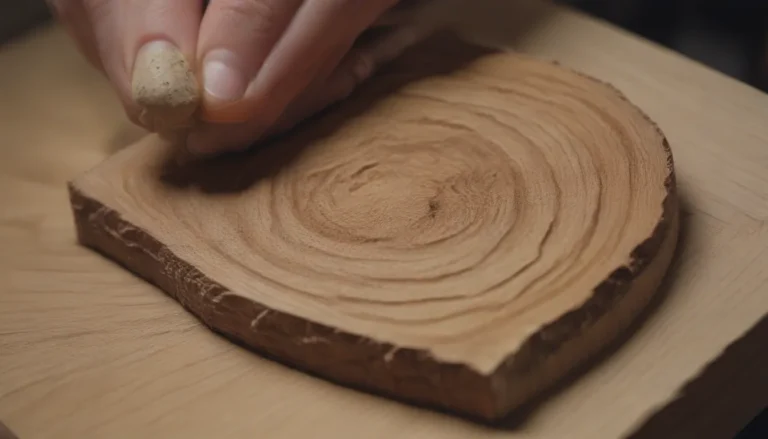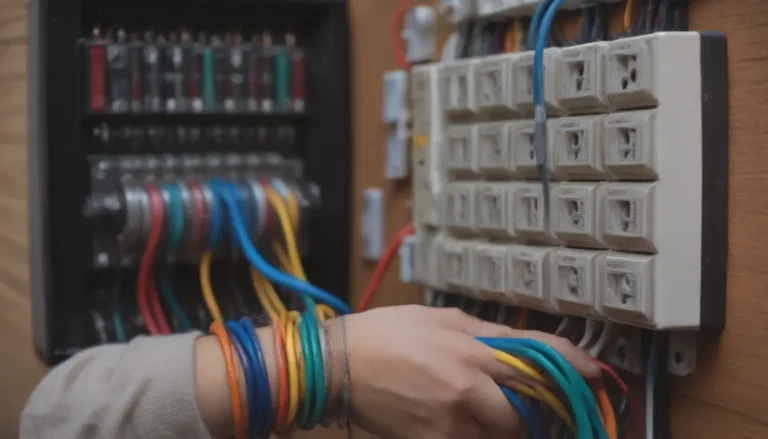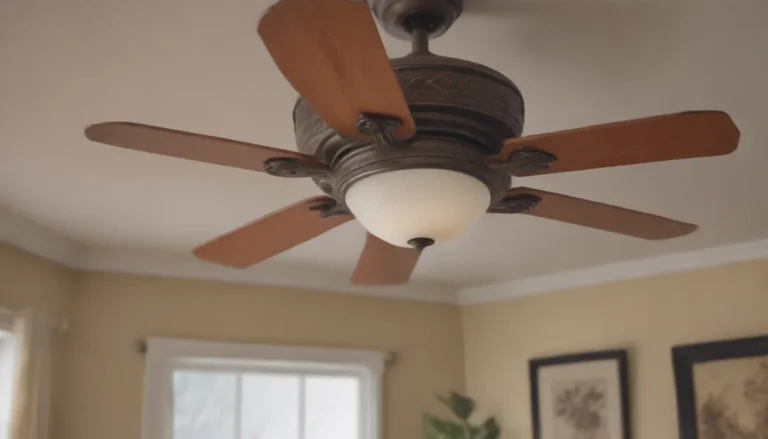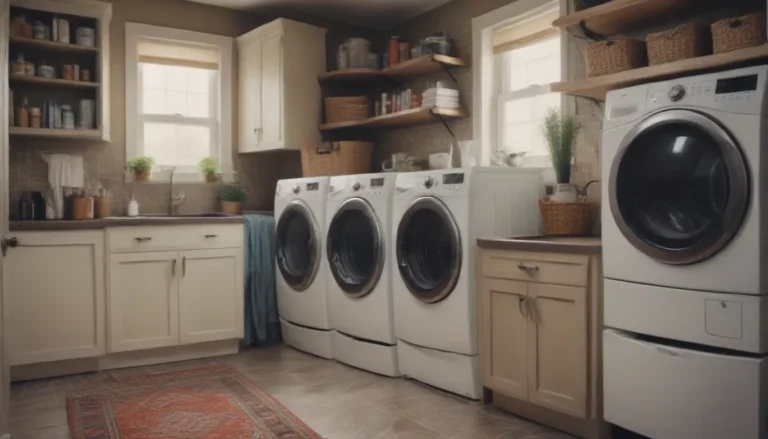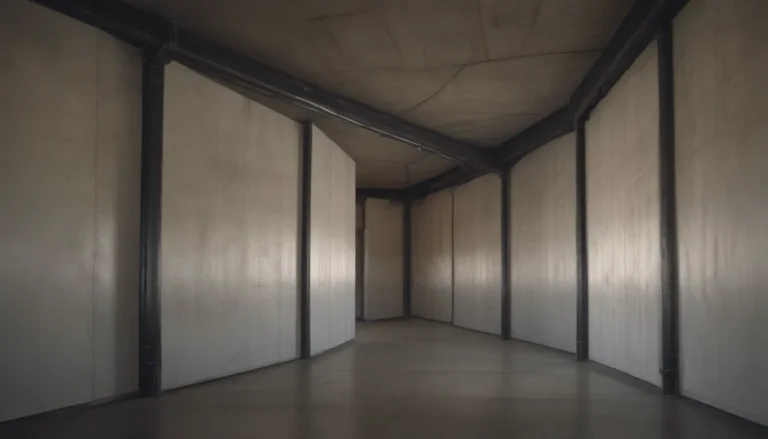The Ultimate Guide to Resilient Vinyl Flooring: Everything You Need to Know
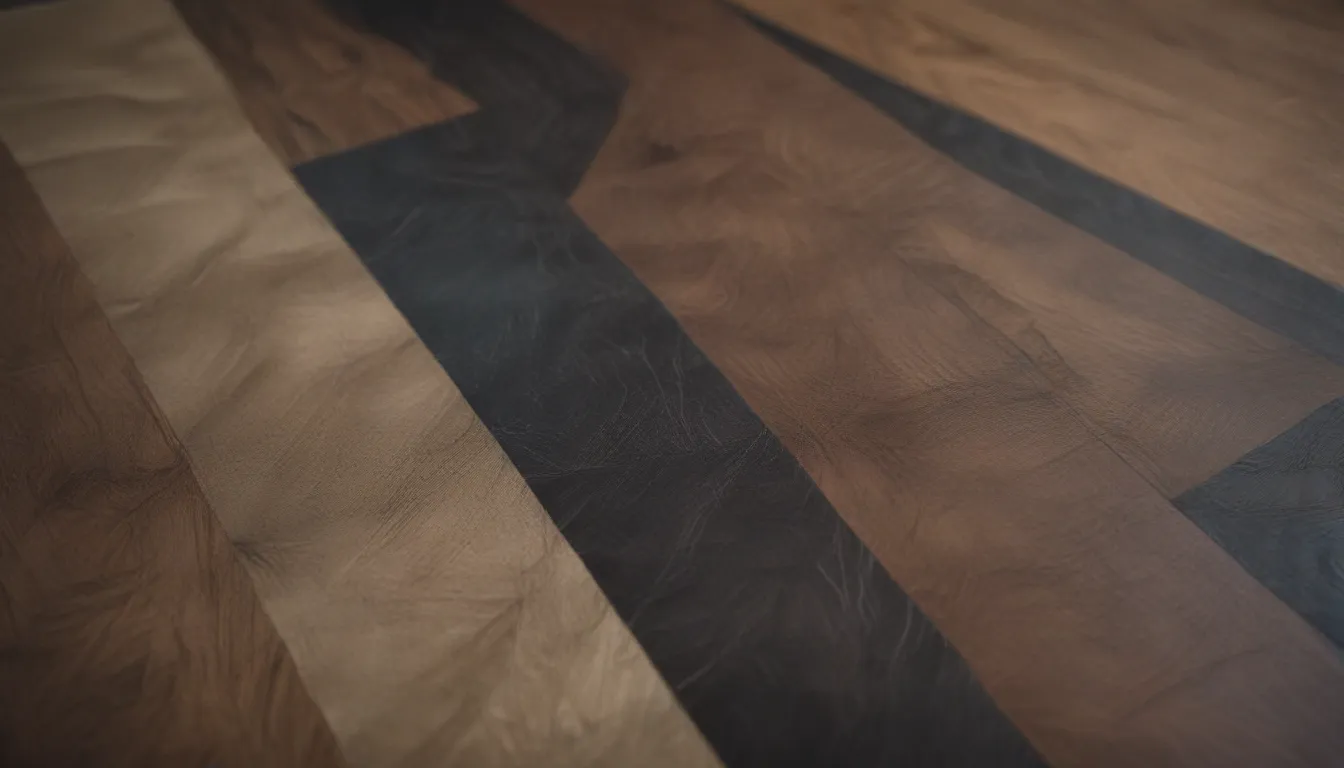
Welcome to our in-depth guide on everything you need to know about resilient vinyl flooring. Whether you are considering this versatile flooring material for your home or simply want to learn more about its pros and cons, we’ve got you covered. Invented in the 1930s, vinyl flooring quickly became a popular choice for homeowners in the post-World War II era. Today, resilient vinyl flooring continues to be a top choice for its durability, affordability, and ease of maintenance.
Types of Resilient Vinyl Flooring
When it comes to vinyl flooring, there are several categories to choose from, each with its own installation method and unique features:
- Resilient sheet vinyl:
- Resilient vinyl tiles:
- Luxury vinyl:
These categories offer a range of options to suit your specific needs and preferences.
Resilient Vinyl Flooring Cost
One of the biggest advantages of vinyl flooring is its affordability. At the low end, vinyl can cost as little as $0.50 per square foot, making it a budget-friendly option for homeowners. Even at the high end, luxury vinyl flooring typically ranges from $3 to $5 per square foot, making it a cost-effective alternative to premium flooring choices like stone. Professional installation of vinyl flooring is also relatively inexpensive, with labor costs ranging from $1 to $3 per square foot.
Maintenance and Repair
Vinyl flooring is known for its ease of maintenance. Simply sweep away grit and dirt to keep the surface clean, and use a damp mop with an approved vinyl floor cleaner to remove stains. The clear wear layer on vinyl tiles and planks acts as a barrier against stains and spills, making these materials easy to clean and maintain. However, it’s important to note that vinyl is susceptible to discoloration when in contact with rubber, so be cautious with rubber-backed mats or shoes.
Design
Vinyl flooring comes in a variety of colors and patterns, allowing you to choose a style that matches your decor preferences. With its water-resistant properties, vinyl flooring is ideal for high-moisture areas like bathrooms, kitchens, and laundry rooms. Luxury vinyl tiles or planks can even mimic the look of wood or stone, adding a touch of elegance to any room. While low-quality vinyl flooring may yellow with age, modern high-quality vinyl floors resist discoloration and retain their appearance over time.
Vinyl Flooring Installation
Installation methods for vinyl flooring vary depending on the type you choose. Sheet vinyl is typically glued down to the floor, while standard vinyl tiles are glued individually. Luxury vinyl planks or tiles feature a click-lock edge connection for easy installation. Proper layout and subfloor preparation are essential for a successful installation, so be sure to follow manufacturer guidelines.
Top Brands of Resilient Vinyl Flooring
When it comes to vinyl flooring, there are numerous reputable manufacturers to choose from. Major brands like Armstrong, Shaw, and Mohawk offer a wide selection of vinyl flooring options to suit your needs. Additionally, many home improvement stores carry proprietary brands like LifeProof, which are manufactured by well-respected companies and offer quality products.
Comfort and Convenience
Vinyl flooring offers comfort and convenience for homeowners. It does not get cold in the winter and provides a softer feel underfoot compared to wood or ceramic tile floors. Some vinyl products even include a padded underlayer for added comfort. However, it’s important to note that the chemicals used in vinyl flooring production can lead to toxic out-gassing, which may cause respiratory issues for sensitive individuals. Additionally, vinyl flooring is not biodegradable and is rarely recycled, posing environmental concerns.
Is Resilient Vinyl Flooring Right for You?
In conclusion, resilient vinyl flooring is an excellent choice for rooms where moisture-resistance and easy cleanup are essential. Its affordability and durability make it a practical option for many homeowners. Luxury vinyl flooring, in particular, offers a more high-end appearance and can potentially add value to your home. However, if you are concerned about the environment, it’s important to consider the non-biodegradable nature of vinyl flooring and its impact on natural resources.
Whether you’re looking to update your kitchen, bathroom, or laundry room, resilient vinyl flooring offers a versatile and budget-friendly solution. With proper maintenance and installation, vinyl flooring can provide a durable and stylish flooring option for your home. So, consider the pros and cons of resilient vinyl flooring and make the choice that best suits your needs.
